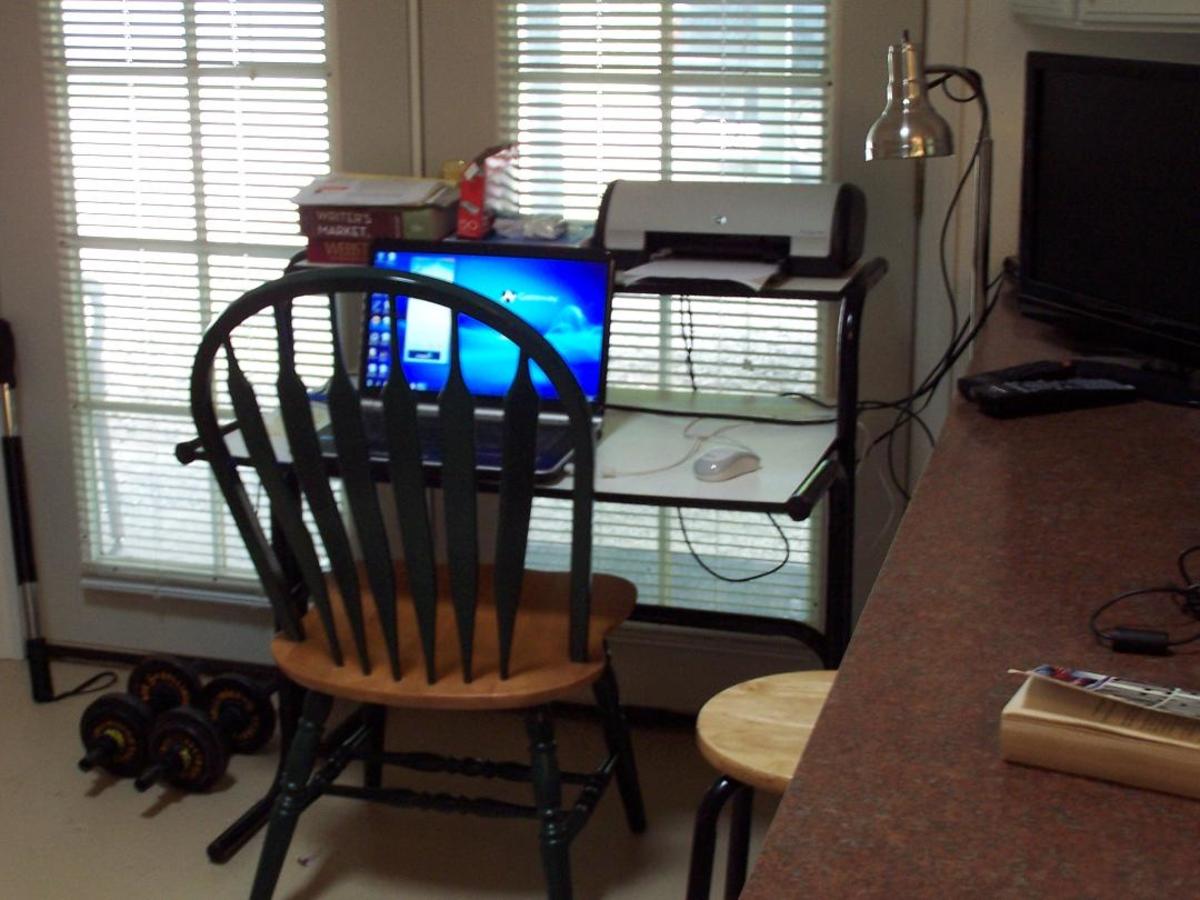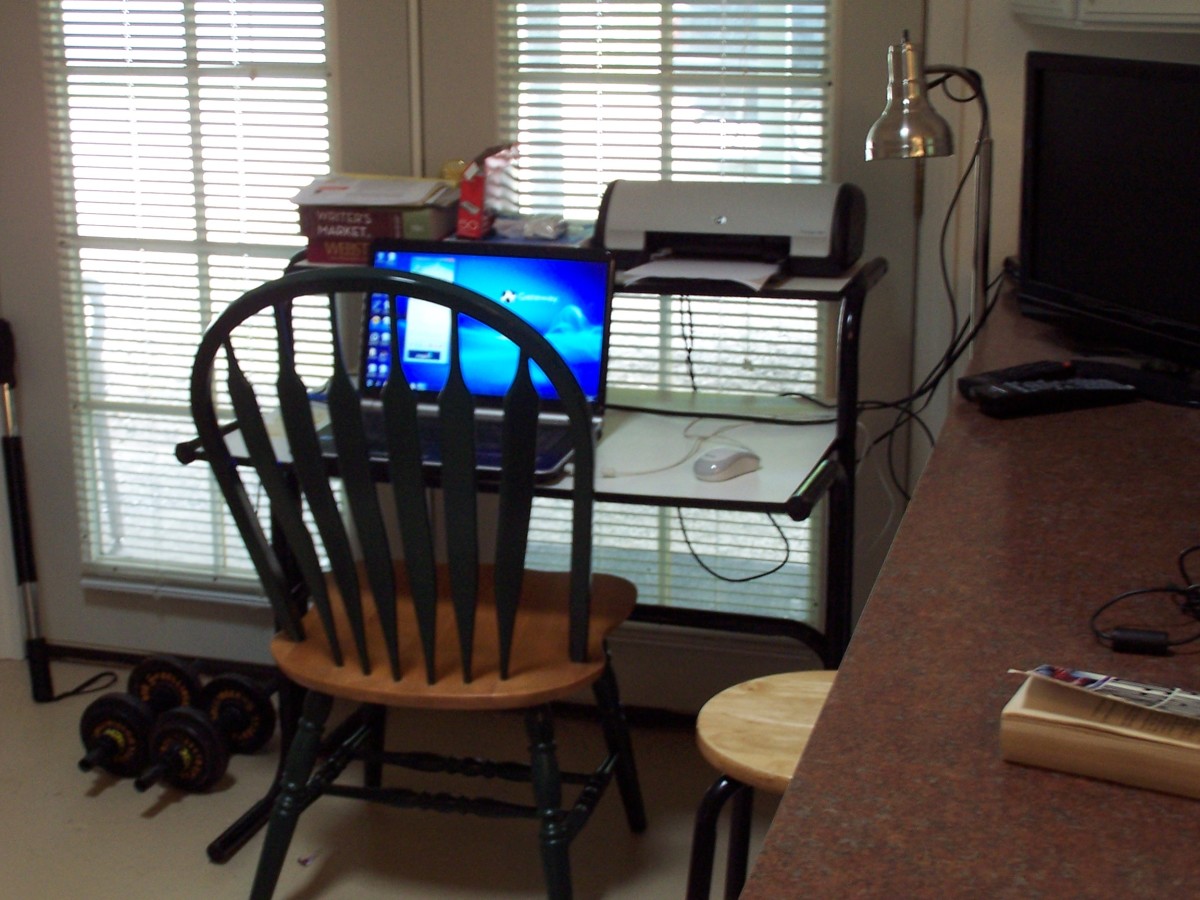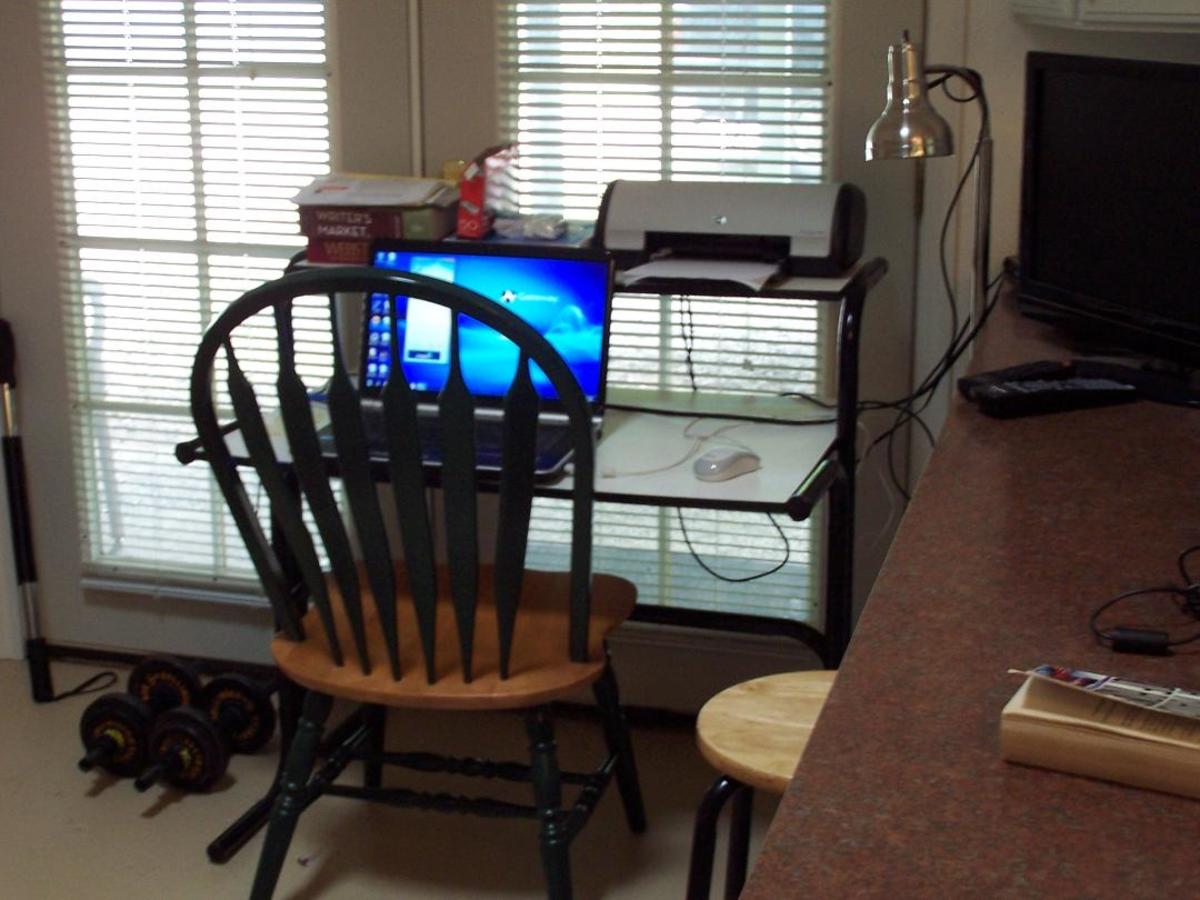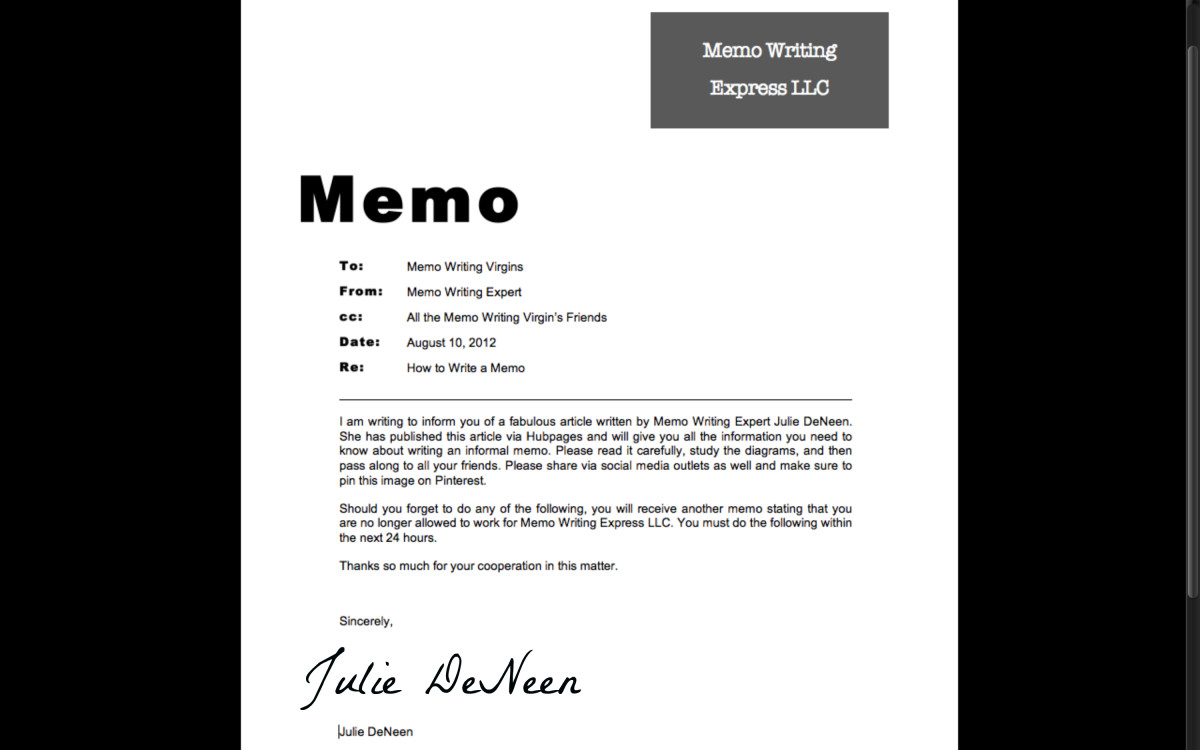The Writer's Mailbag: Installment Eleven
And Welcome Back Once Again
And they said it wouldn’t last!
Actually, nobody said that about this series. I have been very happy with the response and encouragement, and the questions are pouring in, so we shall continue.
You ask and I answer. That’s how this works, and it doesn’t work if you don’t ask, so get to asking, please. Ask in the comment section below, or email me at holland1145@yahoo.com, or on my website at www.williamdhollandauthor.com. That’s all there is to it.
And now, installment eleven begins.
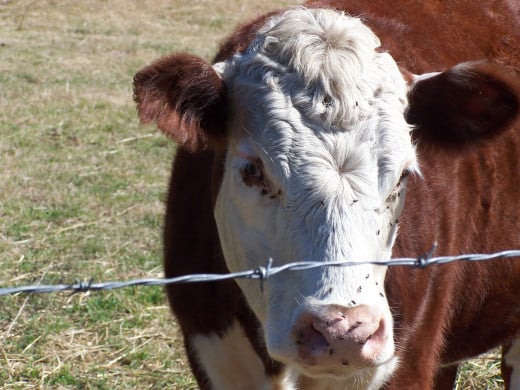
Buzz, Screech, and Other Nonsense Words
From Lyns: Question Billy, you stated shouldn't use words like buzz etc., is it okay to use words leading into the story like, quietly she stands to her feet and a gusty winds brushed across her tiny forehead?
Great question and Lyns answered it herself. Talk about a win/win situation for me.
Listen, here’s the thing about words that are meant to portray sounds: I think, and this is just my opinion, that it is a lazy tool. Great writers find a way to illustrate the sound without relying on words like “buzz,” and Lyns just gave a perfect example of it.
If I’m writing a story, and I have a woman scream in one chapter, you tell me which is more effective. I could say that she saw a shadow move and screamed “AHHHH,” or I could write her pulse increased, tiny fingers of fear tickled the back of her neck, and a sound erupted from the depths of her primal being. Which do you think is more effective?
Poetry and Ownership on Hp
Whonu asks: “Bill, if you write a series of poetry on hub pages, may you use your own work later in a book of poetry? Who owns your work?”
This is one of those questions that I see weekly. You own your work. HP is simply an online platform where you can publish your work. Many writers have published their poems in books of poetry, and many more will in the future. It is the same for short stories, or chapters of an ongoing book, or even random articles. If you want to combine them all and make them into a book later, you certainly have the right to do so, and I would highly recommend that you do just that.

What’s Wrong with Cliches?
From Deb: “I know you advise not to use clichés, but isn’t it true that clichés are quite common in our language, and as such should be used by a writer?”
Great question, Deb, and it requires a little clarification on my point about not using clichés.
My main problem with clichés is when a writer relies too heavily on them. Of course we all use them. I don’t know of a writer who doesn’t….but….simply because the first ten-thousand lemmings ran off the cliff, does that make it right if you are #10,001?
I think clichés can become a crutch if used too often. That’s my main point. I’ll even add a second point to the first: how cool would it be if you, the writer, coined a phrase that became a cliché?
It takes work and creativity to find a new way of saying something. It requires little creativity to use that which has been overused.
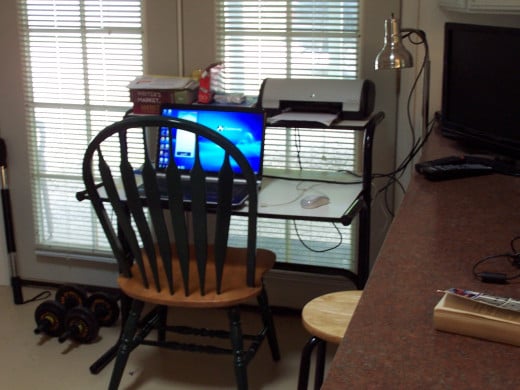
Shutting out the World
From Rhonda: “How do you shut the world out long enough to finish the longer stuff? Poems, shorts, how to and such, sure I can whip it out but I can't seem to finish the really long stuff, what's important. I can't lock myself in a cave, though I've thought of it! What do you do?”
Rhonda, it’s not really fair for me to answer this question, because I have a unique situation. I don’t have kids, nor do I have another job. I have a separate writing studio away from the house traffic, and the only real distractions I have are ones that I allow.
Early on when I started freelance writing, I notified friends and family that writing was now my full-time job, and as such I would not tolerate interruptions. I was not available for social calls, or for running errands for family members. I treated writing just like any other job. I have office hours and nobody is allowed to mess with those office hours.
All well and good, but if you don’t have a similar situation, then it is very hard to shut out the world while you work on long-range projects.
Sorry, but that’s the best I can do for you. I would suggest setting aside even an hour each day that is purely for writing. Do not allow anything to interrupt during that hour, and stick to your guns on that (and yes, that was a cliché).
Schedule the Day
Maria asks: could you give us a hint into how you schedule your week? You write for HubPages, and you write novels, and you have customers. How do you balance it all and find time for it all?
Well, Maria, thanks for the question, and it’s a question I hear often.
The first thing to understand is that this is a full-time job for me. Nothing interferes with it.
Having said that, I write my articles for HubPages on Mondays; Tuesdays are for customers. Wednesdays and Thursdays are for novel-writing, and Fridays are for loose ends I didn’t get to during the week. While I’m working on those daily goals, I am constantly checking my email so I can comment on the articles that other writers write, and also I stop by Facebook so I can keep in touch on the social media.
It may seem a bit hectic to others, but this works for me, and that’s the point I would like to make to all of you. You need to find a schedule that works for you. Tinker with it until you are comfortable with it, and then stay determined enough to stick with it until your work is done. You are the boss of your business, and you are the workforce. Nobody but you is going to know if you cheat on your work hours, so be a tough boss and demand a great work ethic.
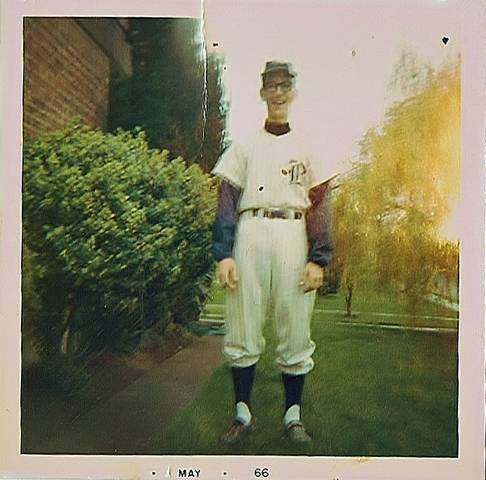
And Finally, from Trisha
“Hey, Bill! What did you want to be when you were growing up?”
I know, this has nothing to do with writing, but I thought it was a cute question, so let’s take care of it now and then wrap this baby up.
I wanted to be a professional baseball player until I threw out my arm in college. Then I wanted to be a writer, followed by a teacher. I ended up working in Business with degrees in Marketing and Economics, but the dreams never died. I went back to college six years after graduation and got my teaching degree, and taught for nineteen years.
And now I’m a writer.
Is this a great life or what?
More Next Week
Thanks for stopping by, and thanks to those of you who asked questions. I’ll be back with Installment Twelve next Monday. Until then, remember to never allow anyone to clip your creative wings. If you are a writer, and you are if you say you are, then spread those wings and fly.
2014 William D. Holland (aka billybuc)
“Helping writers to spread their wings and fly.”






